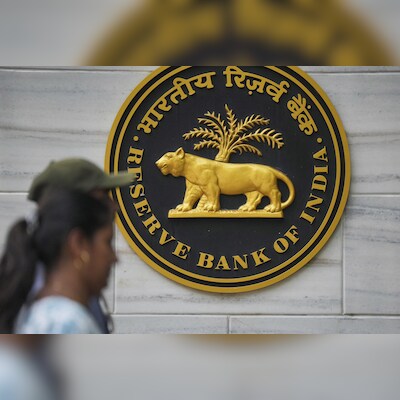[ad_1]
)
Mumbai: A security personnel stands near the RBI headquarters, in Mumbai, Friday, June 7, 2024. (Photo: PTI)
The Reserve Bank of India (RBI) has prescribed norms that lenders have to follow before classifying loan accounts as fraud.
This is for ensuring compliance with principles of natural justice, one of whose tenets is that both sides to a dispute must be heard.
The move follows the Supreme Court judgment of March 27, 2023, that borrowers must be given a hearing before their accounts are classified as fraud.
The RBI has updated its master direction on “Fraud Risk Management”, in which it has been mandated that lenders have to issue a detailed show-cause notice (SCN) to persons, entities, and promoters/whole-time and executive directors against whom there are allegations of fraud.
“The SCN shall provide complete details of transactions/actions/events basis which declaration and reporting of a fraud is being contemplated,” the master direction said.
Lenders must give borrowers at least 21 days to respond to the notice.
The master direction is applicable to commercial banks; upper-, middle-, and base-layer non-banking financial companies; all India financial institutions; and cooperative banks.
The RBI said there would be a board-approved policy on fraud-risk management. The policy must state the roles and responsibilities of the board/board committees and the senior management of a bank.
The “Fraud Risk Management Policy” should be reviewed by the board at least once in three years.
“The Policy shall also incorporate measures for ensuring compliance with principles of natural justice in a time-bound manner,” the regulator said.
The regulated entities will have a system of issuing SCN and examining responses.
The RBI said a reasoned order should be served to the borrower, conveying the decision of the bank regarding the declaration and classification of the account as fraud or otherwise.
“Such Order(s) must contain relevant facts/circumstances relied upon, the submission made against the SCN and the reasons for classification as fraud or otherwise,” it said.
The direction mandates constituting a special committee of the board for monitoring and follow-ups of fraud cases (SCBMF). The committee should have at least three members of the board, consisting of a whole-time director and a minimum of two independent directors/non-executive directors.
The special committee should oversee the effectiveness of fraud risk management in a bank.
“SCBMF shall review and monitor cases of frauds, including root cause analysis, and suggest mitigating measures for strengthening the internal controls, risk management framework and minimising the incidence of frauds,” the directions said.
The RBI said the senior management of the regulated entities would be responsible for implementing the fraud risk management policy approved by the board of the bank.
“A periodic review of incidents of fraud shall also be placed before Board/Audit Committee of Board (ACB), as appropriate, by the Senior Management of the bank,” it said.
First Published: Jul 15 2024 | 9:44 PM IS
[ad_2]
Source link

